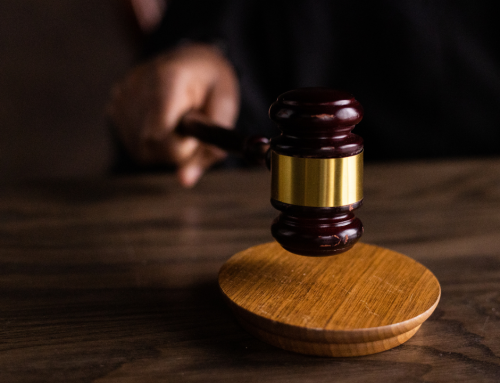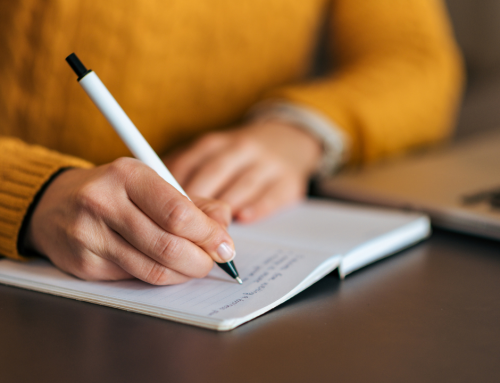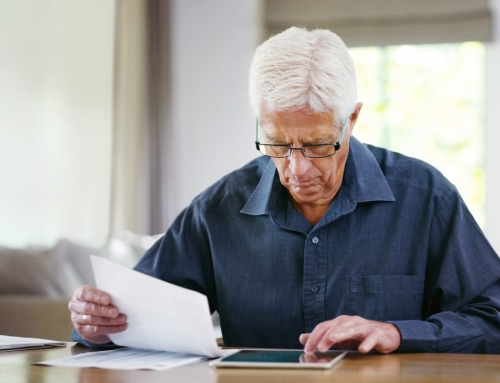A will is a legally binding document that lets you decide what happens to your money, property and possessions after your death.
Whilst making a will is one of the most important things you can do there are many legal hoops to jump though so you can make sure your will is valid.
Section 9 of the Wills Act 1837 is what decides whether a Will is valid or not. If the formalities of this section are not complied with, then your will may be held to be invalid, and the intestacy rules will apply. This could result in your estate being distributed in a way that you may not have chosen while you were alive.
Section 9 (a) of the Wills Act 1837 provides that in order for a will to be legally valid, it must be:
• In writing.
• Signed by the person making the will (testator), or by another person in their presence and by their direction.
• In the presence of two or more independent witnesses present at the same time, and who must attest and sign the will.
The will must be in writing:
The will must either be written in ink or in pencil, though ink is preferable. It is best to avoid using both ink and pencil, because this can imply that the testator was still undecided about whether the part written in pencil should be a permanent part of the document, or was just deliberative. This can lead to complications post-death, and expose the will to challenge.
The testator must sign the will:
Any mark made by the testator on the document validates the will, provided that they intended it to be their signature, and that this signature is meant to execute the will. So, by way of example, if the testator is illiterate and uses their thumb print as their signature to execute the will, the will is valid.
Typically, the signature must be at the end of the last page of the will. There are instances, however, where the signature is on the side of the page, because there may not be enough space for the signature at the bottom of the page. There may also be situations when the testator only gives a partial signature, because they are too weak to complete the signature. In these circumstances, the will should still be valid, provided the testator intended that the mark or the signature was meant to attest that this was their last will and testament.
There must be two independent witnesses present at the same time and who must attest and sign the will.
It is essential that both witnesses see the testator signing/executing the will. If one of the two witnesses does not see the actual signing of the will, the will is considered invalid. It is therefore important that the witnesses are aware of, and see, the testator signing the document. It is not necessary for the witnesses to be aware of the contents of the will, but they must know it is a will. After attesting to and witnessing the signing of the will, the witnesses must attest the will by signing and acknowledging their signature in the presence of the testator.
Your witnesses:
Anyone can be a witness to the signing of a will, as long as they are over the age of 18 and are not blind. A witness does not have to be a professional person, and they are not required to have any special qualifications.
You should ensure that your chosen witnesses are as independent as possible; ideal witnesses could be neighbours or work colleagues. A very important point to note is that is a beneficiary must never sign the will as a witness and neither should a close relative, such as a spouse of a beneficiary. Making this mistake would mean that they would lose their inheritance (section 15 Wills Act 1837).
Though drafting your own will may seem like a relatively uncomplicated task if you follow the rules carefully, you should only consider doing so if it is going to be straightforward. Generally, it is always advisable to seek legal advice about your will, as it is easy to make mistakes that could prove costly after your death. A little time and investment now could save your estate significant sums in the long run and most importantly ensure, as far as possible, that your wishes are upheld.
To make sure your Will is drafted correctly and witnessed correctly call us on 01752-607040 or email facebook@thewillcentre.com






